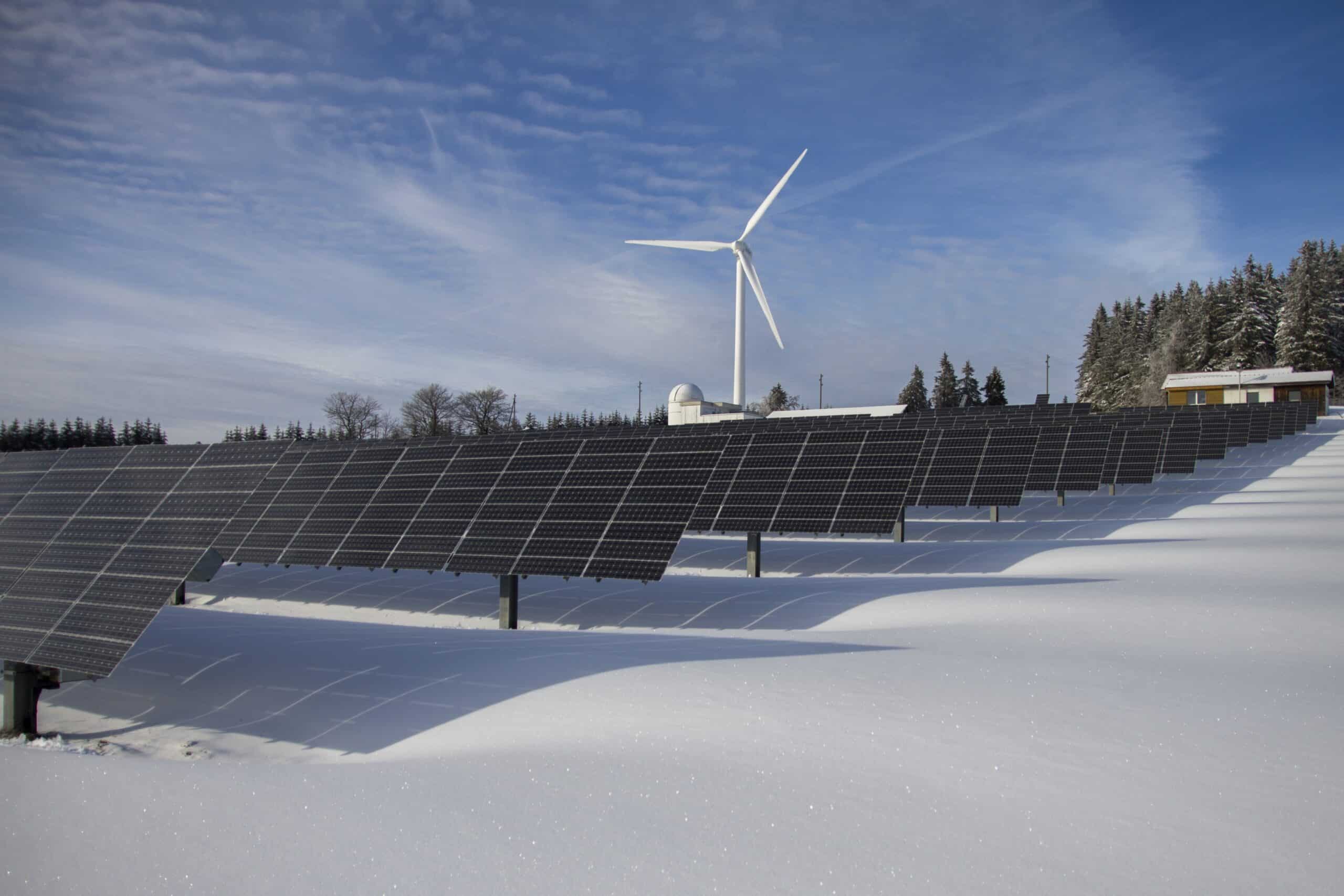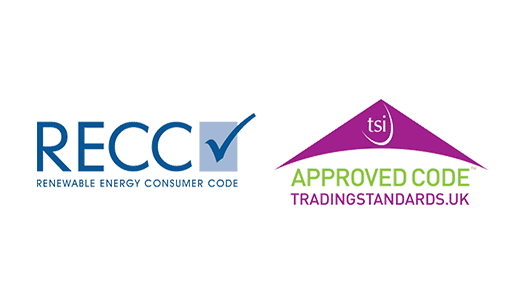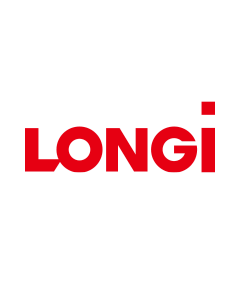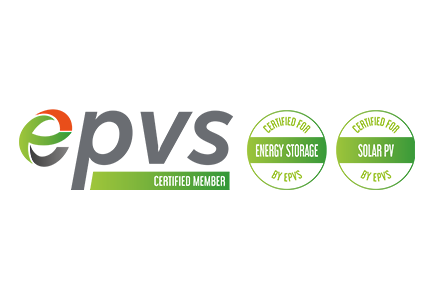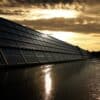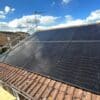First of all, to be clear for the majority of residential properties, solar panels are considered a permitted development as long as they meet certain criteria which we will go into further down the page.
Many households prioritise energy bill savings, especially in today’s environment when rising energy expenses can consume a significant portion of monthly budgets. Fortunately, harnessing the power of solar energy by installing solar panels provides a hassle-free solution. Not only do solar panels contribute to a greener and more sustainable future, but they also offer substantial financial benefits.
One of the greatest advantages of solar panels is their ability to reduce energy bills. By harnessing the abundant energy of the sun, solar panels generate electricity to power your home’s appliances, lighting, and other electrical devices. This means you’ll rely less on traditional energy sources, resulting in more affordable energy bills.
The long-term savings from solar panels can be particularly significant. Although the initial installation cost may appear high, many homeowners experience a remarkable reduction in their energy bills within a relatively short period of time, making the return on investment substantial.
Furthermore, homeowners who install solar panels frequently enjoy additional financial benefits through government rebates and feed-in tariff programs. These programs aim to incentivise the use of renewable energy and offer rewards for excess electricity generated by your solar panels and fed back into the grid.
Moreover, installing solar panels showcases a commitment to environmental sustainability. By reducing reliance on fossil fuels and minimising carbon emissions, homeowners can contribute to a greener planet and ensure a more sustainable future for generations to come.
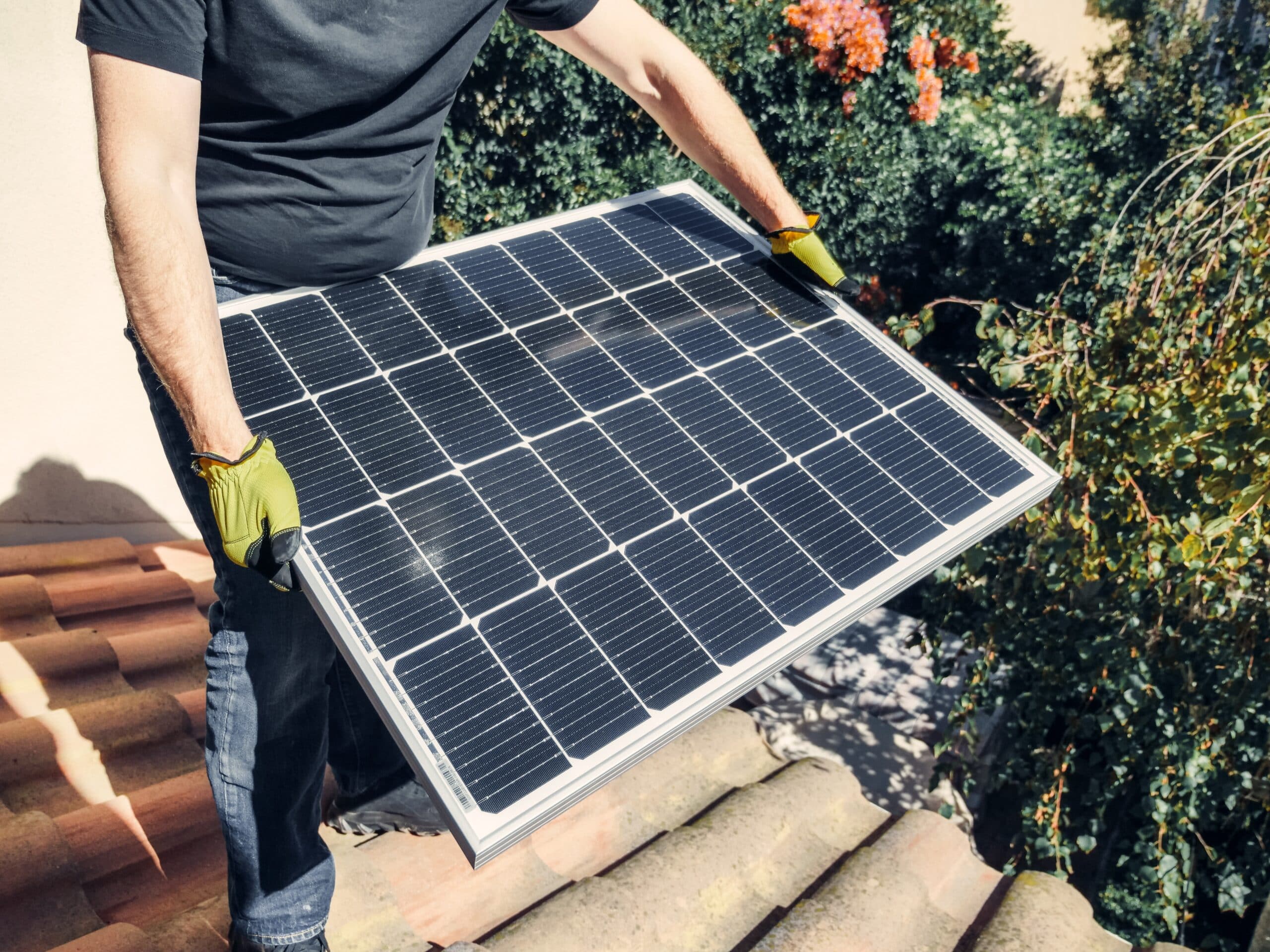
Understanding planning permission
Now, let’s explore the topic of planning permission for solar panels. Although understanding the regulations and requirements associated with solar panel installations is crucial, the process can be much smoother and less burdensome than you might expect. Obtaining planning clearance, which is the formal approval necessary from local authorities before making certain changes to your home, ensures that any proposed alterations align with local planning norms and regulations.
While not all home improvements require planning permission, the installation of solar panels may fall under the purview of planning regulations. It’s important to determine whether your specific solar panel installation requires planning permission
In the subsequent section, we will explore the concept of permitted development rights and their role in solar panel installations. Understanding these rights will help you determine whether planning permission is required for your individual circumstances.
Permitted development rights play a crucial role in determining whether planning permission is needed for solar panel installations. These rights are a set of planning regulations that grant homeowners certain freedoms to make specific changes to their properties without the need for formal planning permission.
- When it comes to solar panels, there are specific conditions and limitations related to their installation under permitted development rights. Understanding these rights is essential for determining whether your solar panel project falls within the permitted development guidelines or if you need to obtain planning permission.
Typically, for residential properties, solar panels are considered a permitted development as long as they meet certain criteria. These criteria often include: - Solar panels should not exceed a specific height or protrude beyond the slope of the roof to maintain the overall aesthetics of the property. They should be positioned in a way that minimises their visible impact from the road or neighbouring houses.
To Conclude
In conclusion, determining whether you require planning approval for solar panels is a crucial step for homeowners looking to reduce their energy expenses. Here are the key takeaways:
Installing solar panels offers numerous benefits, including lower energy bills and contributing to a sustainable future.
While planning permission is required for certain home improvements, the process of obtaining permission for solar panels is less burdensome than you might expect.
Permitted development rights often apply to residential properties, allowing for the installation of solar panels without formal planning permission, subject to specific requirements and limitations.
Factors such as property location, listed building status, conservation areas, and municipal rules can influence the need for planning permission.
Understanding the streamlined planning process, including prior notice requirements and installation restrictions, is essential.
Extensive research on the planning rules applicable to your specific circumstances, through local planning authorities or professional guidance, is recommended for a smooth and successful solar panel installation.
If you have any further questions or require more information, feel free to contact us with any questions you may have.

